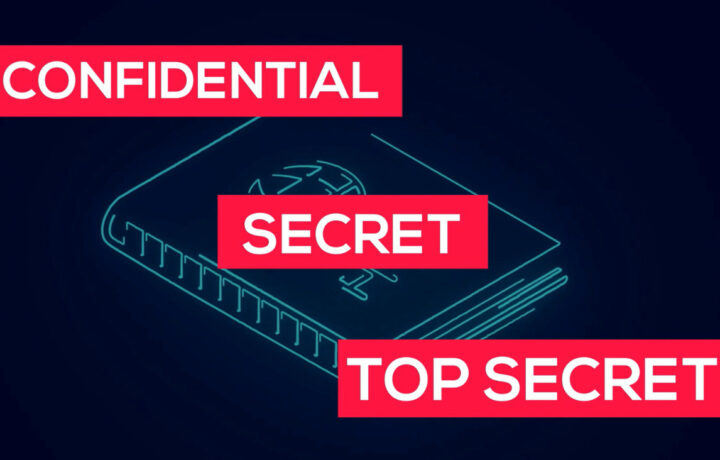This week the Washington Post and Frontline are releasing a collaborative investigative news story uncovering new details related to Jack Teixeira’s alleged leaks of classified information. The news reports and documentary film are taking a deep dive into Teixeira’s past, his career with the Air Force National Guard, and the online communities he was so prevalent in and which prompted him to violate the trust of his commanders and release classified materials online.
The Air Force confirmed today that 15 individuals were disciplined in conjunction with the Teixeira case, a clear sign that there were chain of command failures that allowed Teixeira not just unfettered access to the Joint Worldwide Intelligence Communication System (JWICS), but also allowed multiple violations to be noticed, but not briefed up past the squadron level, and without disciplinary action that ensured the events weren’t repeated.
Many have criticized the government’s vetting process as a part of the investigation, and asked how Jack Teixeira – with several incidents in his past – was still able to obtain a Top Secret security clearance. Despite a FOIA request and lawsuit by the Washington Post, the Defense Counterintelligence and Security Agency (DCSA) is standing by the Privacy Act and likely noting the ongoing criminal case as key reasons to not release further information about Teixeira’s background investigation file, including what may or may not have been included. Without knowing the details, however, we can speculate on five key reasons why Jack Teixeira’s investigation could have been favorable despite the issues.
1. Age.
It’s a reality we frequently talk about over at ClearanceJobs – right or wrong, it is harder to mitigate issues if you are older. Young people truly are given the benefit of the doubt, and youthful indiscretion is one of the best ways to mitigate an issue. That’s also grounded in science – claim you didn’t have a fully developed pre-frontal cortex, and the government will take that into consideration (there is a reason juvenile criminal conduct is generally considered differently).
2. High School vs. the Real World
One of the other critical ways to mitigate information is showing a separation from the people or place where a negative behavior occurred. Teixeira had several documented issues from high school, including threats made to his high school. Applying for a security clearance after leaving high school could have been a key factor in a favorable clearance determination. Removing yourself from negative influences and external factors can help you get a clearance – and would have worked in Teixeira’s favor. If Teixeira’s background seemed to indicate his issues were high school social issues and not deep character flaws, it would have been considered a mitigating factor that he was no longer in high school, and potentially no longer associating with negative peer influences who prompted his behavior.
3. Honesty.
Being honest on your SF-86 is always a better policy than not telling the truth about issues. If Teixeira hadn’t disclosed his issues from high school, and the government uncovered them, that would generally be seen as a deeper red flag than when an issue self-reported the issues on their SF-86.
4. Remorse.
Related to honesty is remorse. The depth of any security clearance background investigation varies based on the individual and position. While the adjudicative guidelines are the same, the intelligence community will scrutinize certain issues to a greater degree. And in addition to security clearance requirements, each agency also has suitability guidelines that can differ. If Teixeira disclosed all of the issues from his past – and then expressed remorse for them – that is a critical step in mitigating the issues. Based on statements obtained and identified in relation to his gun application, it appears Teixeira at least talked a good game about showing remorse for prior statements he had made online. It seems clear from his online activities that his actions didn’t meet his words – but remorse can carry you far, especially when you have the combined positives of honesty, age, and youthful indiscretion on your side.
5. Positive references.
Having a relative with a security clearance doesn’t make the process faster or make you a shoe in for eligibility (and individuals do ask this). But the fact that Teixeira’s stepdad and step brother would have made them likely references or interview subjects for a background investigator – and based on their knowledge of the process, their ability to speak to Teixeira’s high school issues and why they didn’t make him a risk to national security would have carried some weight.
The government doesn’t just take your word for it when it comes to mitigating a prior issue. They will generally look for other circumstances that verify a change in behavior – and positive references from those who understand the process can be a consideration.




